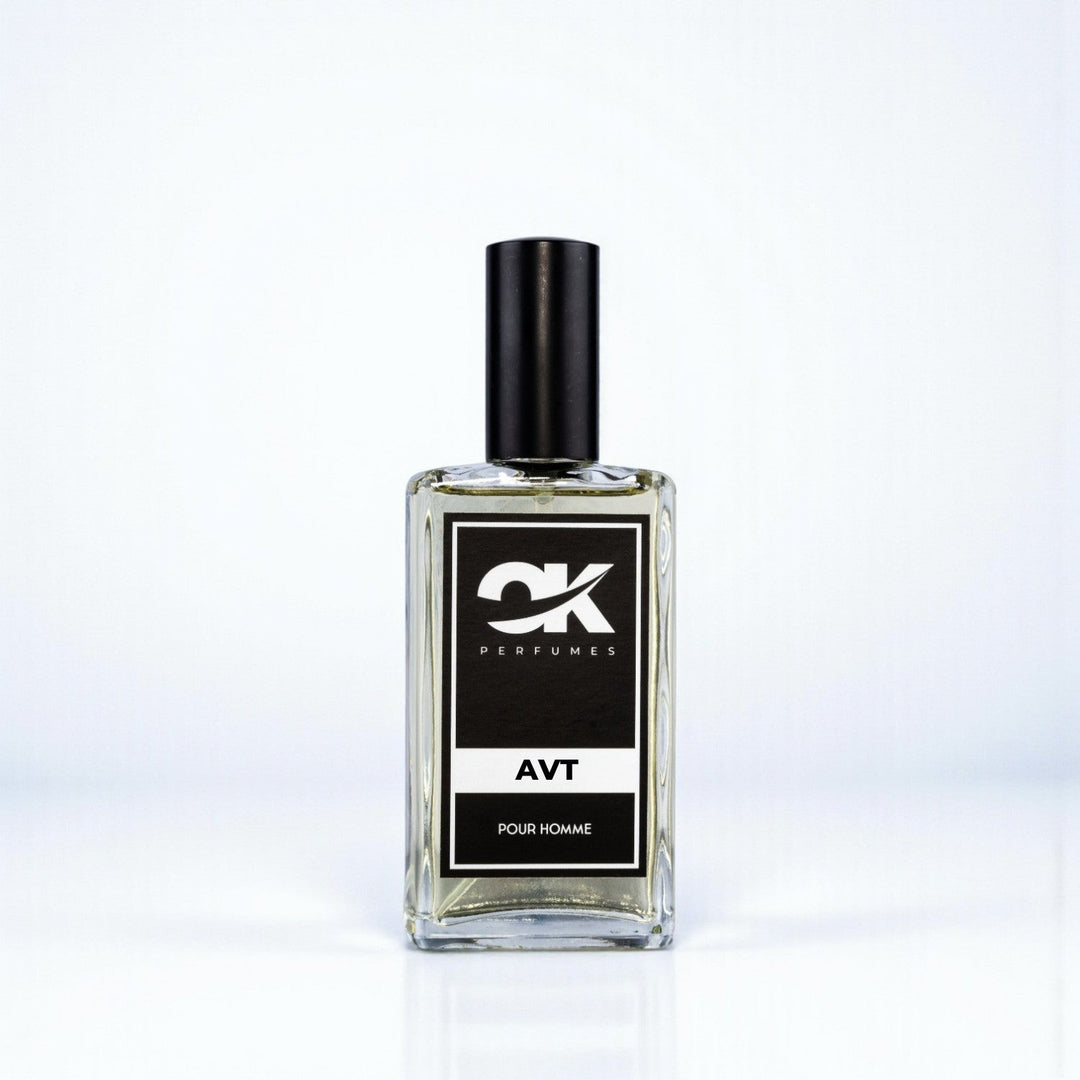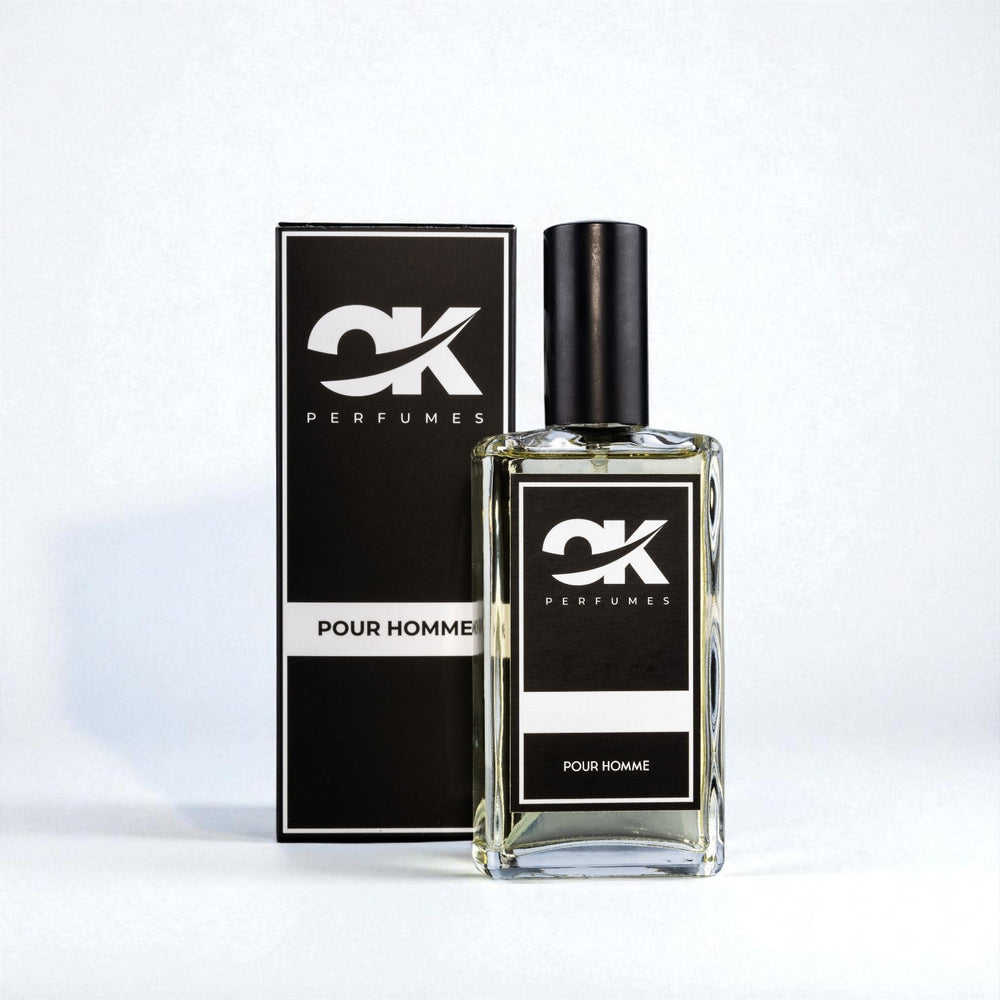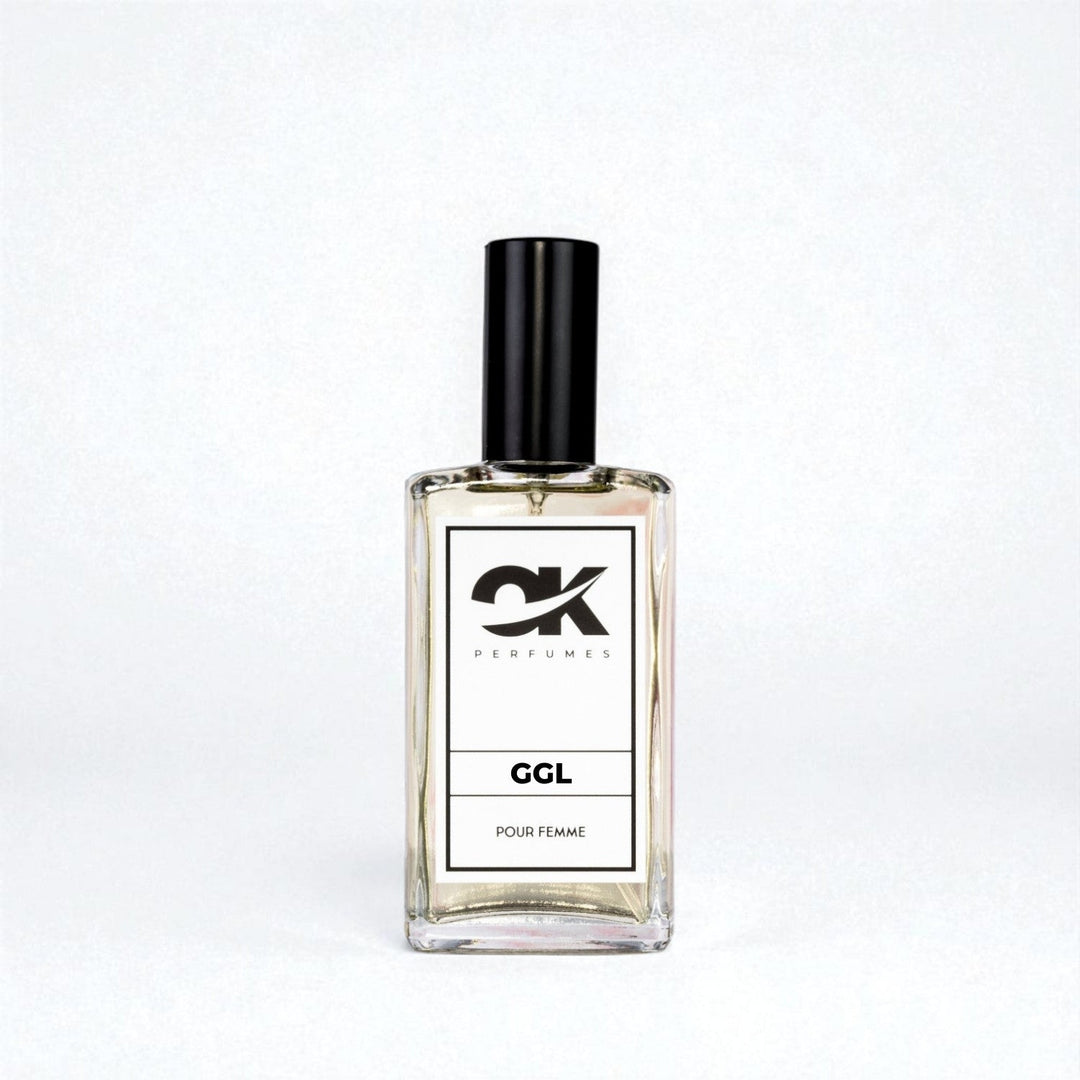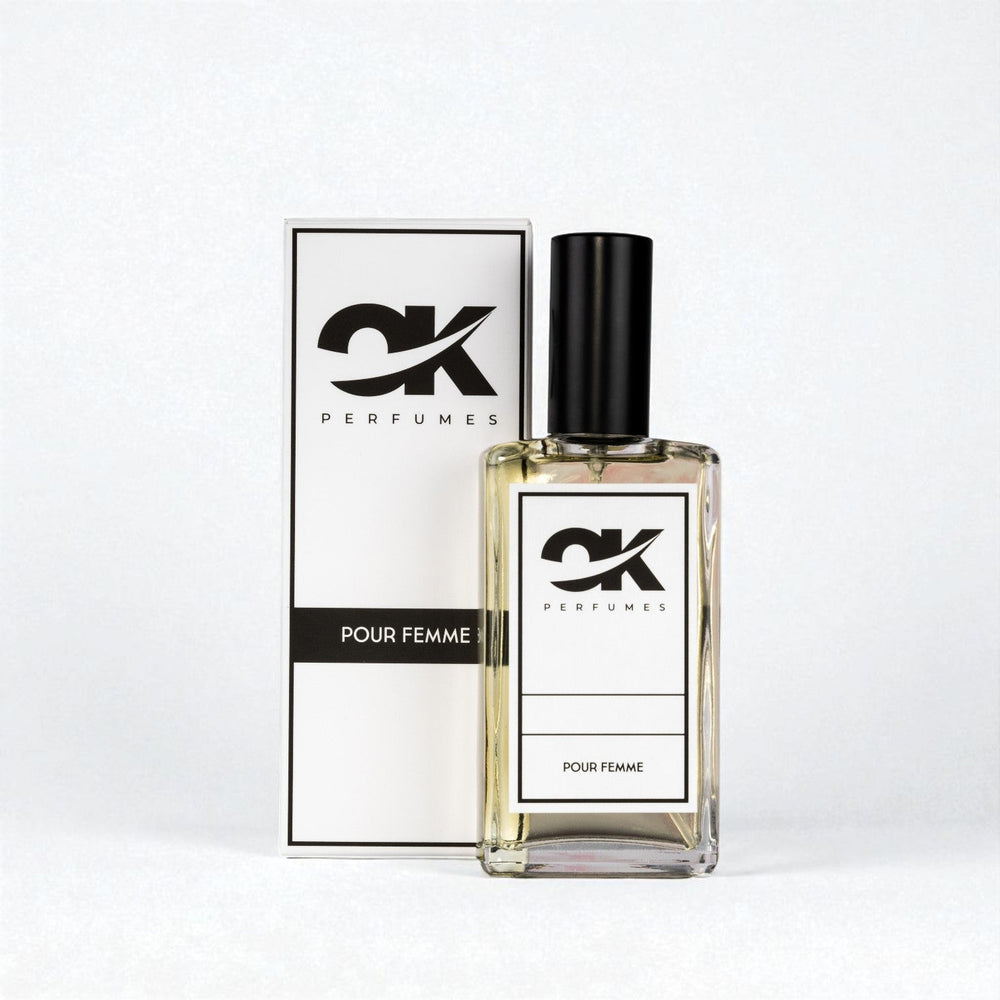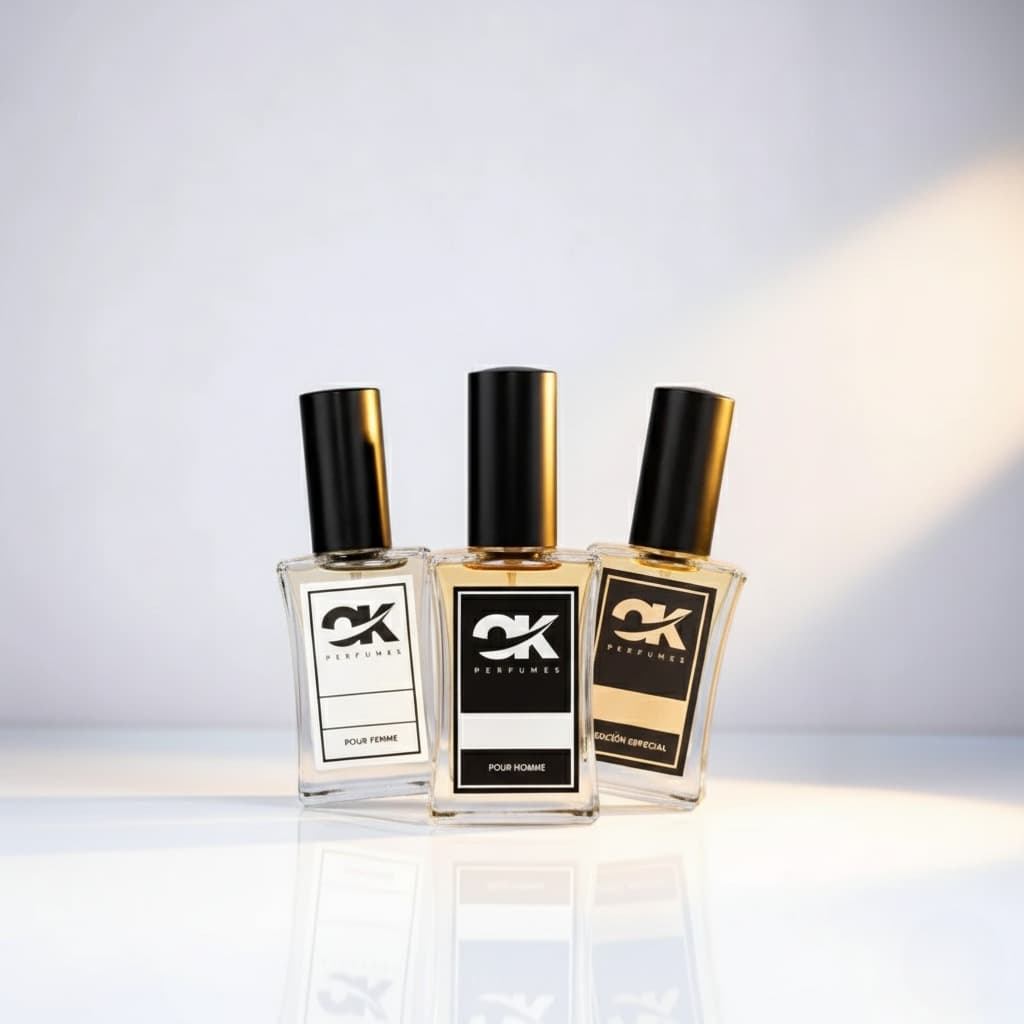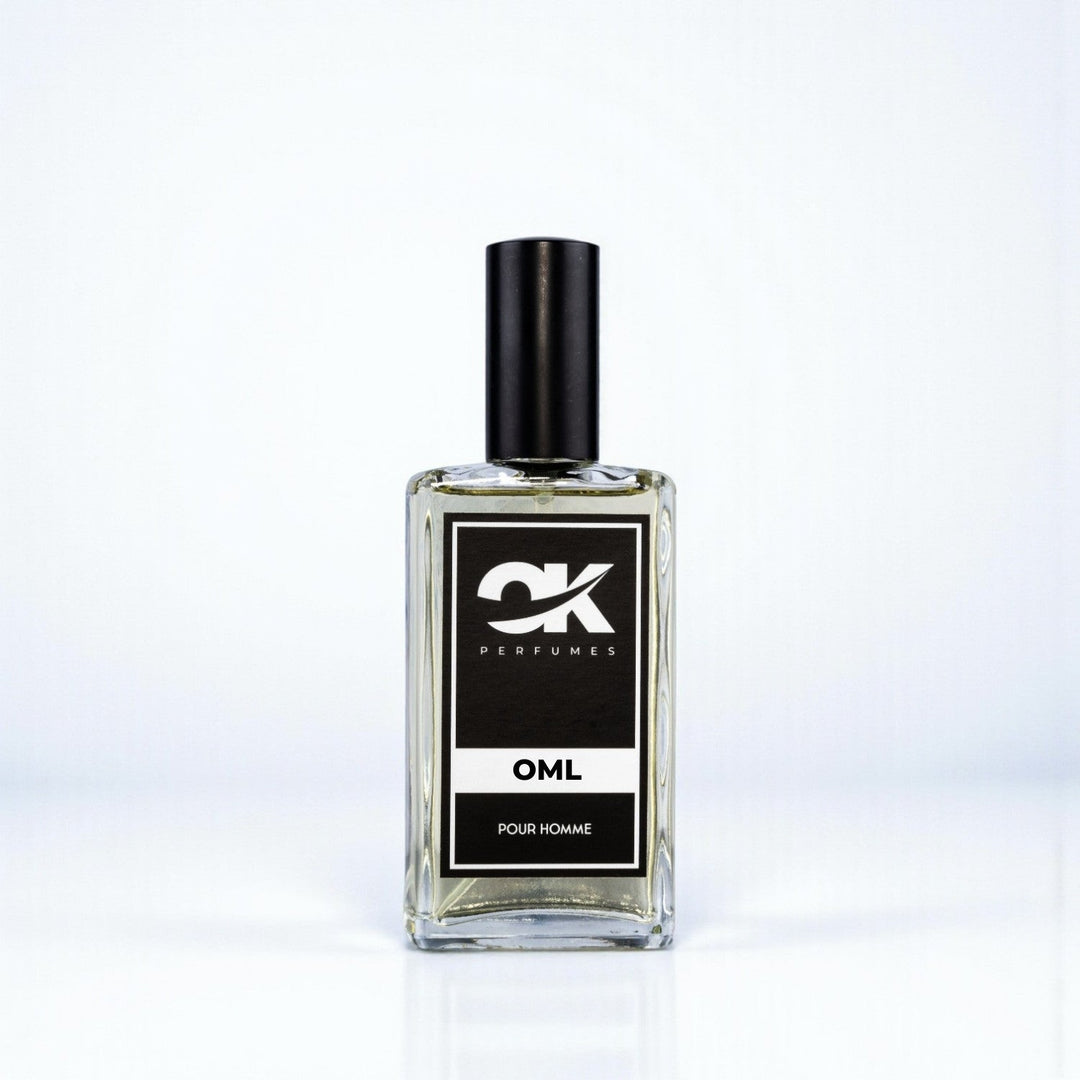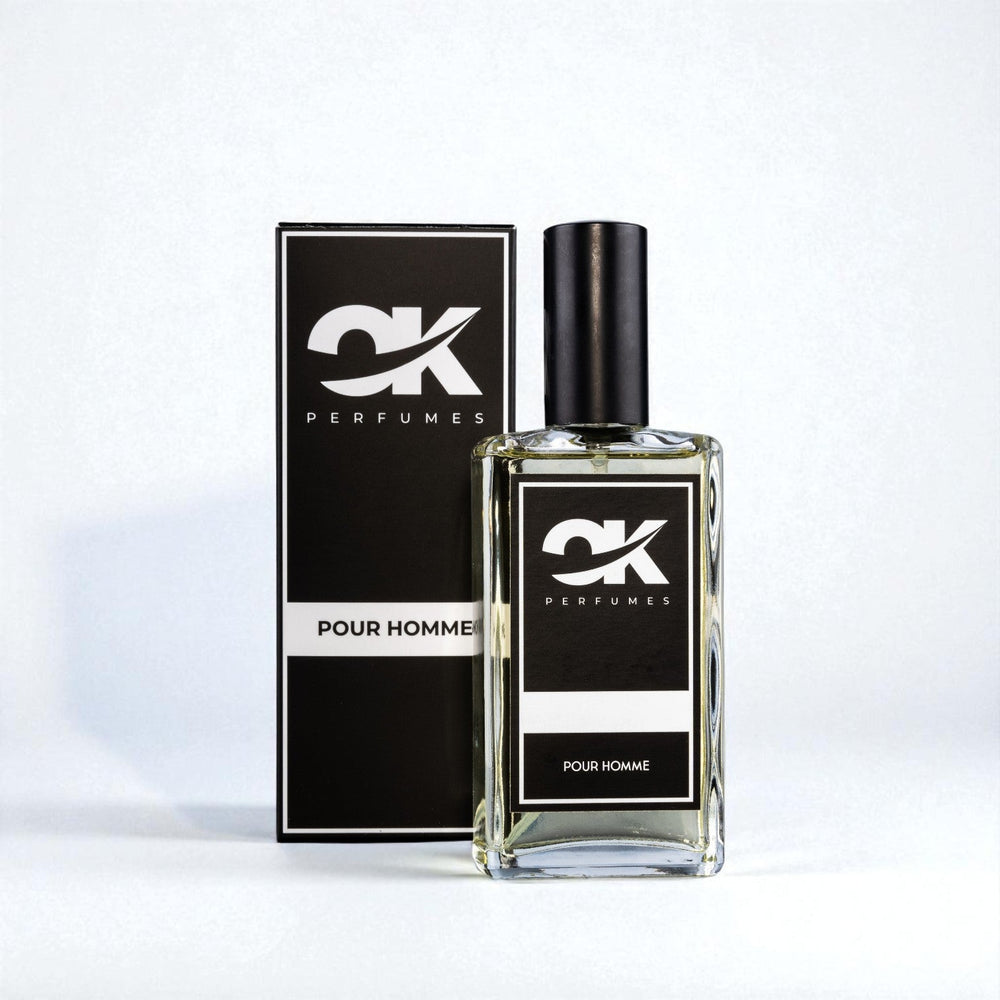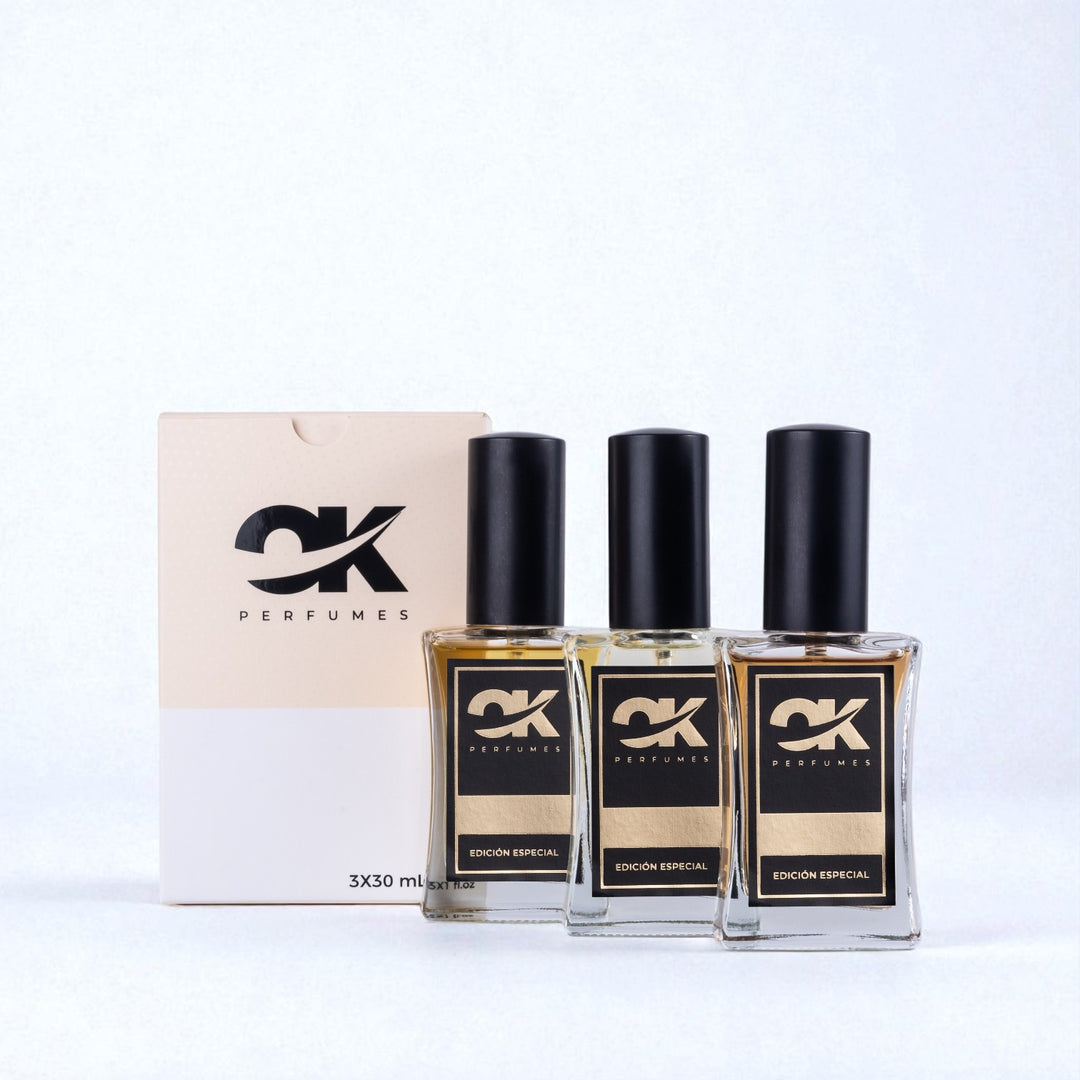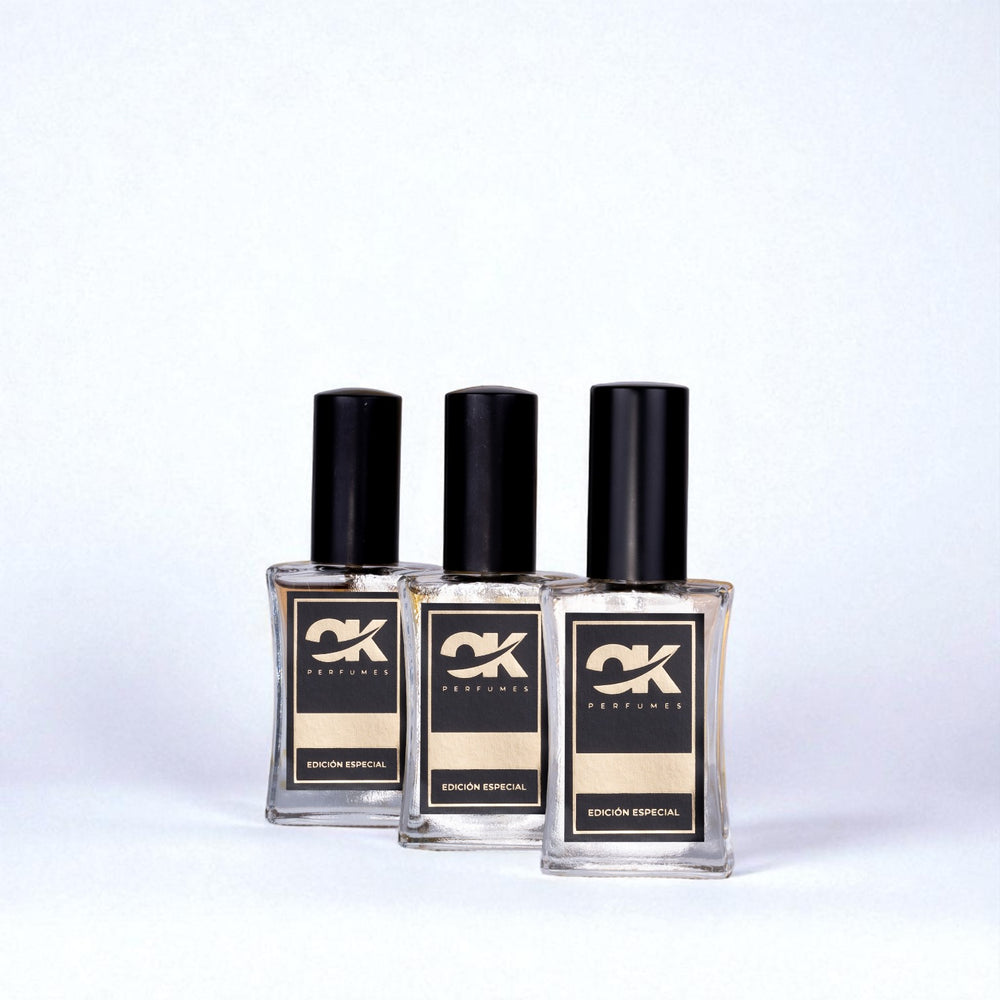Perfumes in culture: history and meaning
Perfumes have been a part of humankind since time immemorial, embellishing our lives with their scent and symbolism. In this article, we'll explore the significant role perfumes have played in different cultures throughout history, their meaning, and the changes in their perception over time. If you've ever wanted to buy Invictus online or simply want to understand the rich history of fragrances, read on.
The origin of perfume: a journey into antiquity
The use of fragrances is not a modern phenomenon. From ancient Mesopotamia to Pharaonic Egypt, the art of using and creating perfumes has its roots in religious rites and daily practices. In this section, we delve into some of the most notable civilizations and their relationship with perfume.
Egypt: fragrances in rites and mummification
The Egyptians were masters of using perfumes not only for beautification but also in sacred rituals. Frankincense and myrrh were essential in their ceremonies, symbolizing the connection between the material and spiritual worlds. Mummification, one of the most revered processes in their culture, also involved the use of oils and fragrances to preserve the body and ward off evil spirits.
Greece and Rome: the art of perfume
The Greeks and Romans took perfume creation to new heights, considering scents an art form. They used flowers, herbs, and spices to create unique blends. The Greek poet Homer mentioned perfumes in his works, demonstrating their importance in everyday life and social ceremonies. In the Roman Empire, perfumes were not only a matter of luxury but also of status. Wearing a distinctive scent was a symbol of wealth and power.
Perfumes through the medieval and Renaissance eras
During the Middle Ages, the use of perfume underwent significant changes, largely due to the influence of the Church. However, the scents did not disappear; instead, they became a symbol of nobility and personal hygiene in Renaissance Europe.
The medieval transition: from prohibition to acceptance
In the Middle Ages, fragrance was considered an unnecessary luxury, associated with vanity and a sign of decadence. Despite this, the use of perfumes began to re-emerge in high society, especially when the bubonic plague swept through Europe. People began using strong scents to mask unpleasant odors and as a form of protection.
Renaissance: the explosion of fragrances
The Renaissance marked a revival of interest in fragrances. Alchemists began experimenting with distillation, which led to the creation of more complex perfumes. During this period, perfumes were associated with beauty and sensuality, becoming an essential item for the court. During this era, the term "equivalence" began to be used, referring to the mixing of several ingredients to achieve a desired scent.
Modernity and perfumes: a symbol of identity
The 20th century brought a revolution to the perfume industry. Mass production, marketing, and advertising transformed the way we perceive scents. But beyond this industrial shift, perfume became a symbol of individual identity.
The influence of celebrities and brands
With the rise of celebrity and film, perfumes began to be associated with cultural icons. Brands like Chanel and Dior didn't just offer fragrances; they created an emotional connection that many people desired. Purchasing one of these perfumes was a way to become part of a glamorous lifestyle. Today, it's common for many people to seek out Invictus online as part of their own personal expression.
Fragrance as a form of expression
Today, perfumes are considered extensions of our personalities. The choice of scent can reflect your mood, your lifestyle, or even your culture. The diversity of perfumes on the market allows everyone to find their ideal fragrance, and the industry continues to evolve to meet these desires.
Perfumes in different cultures: a universal language
Despite cultural differences, the love of perfume is a universal phenomenon. Different societies have used fragrances for unique purposes, enriching the history of perfume around the world.
Asia: mystical and ceremonial aromas
In many Asian cultures, perfumes are not just fragrances; they are a blend of natural ingredients that represent traditions. For example, in Japanese culture, the use of incense is vital in many ceremonies, symbolizing cleanliness and spirituality. "Incense ceremonies" are often held, where different scents are enjoyed and appreciated in an almost ritualistic context.
Africa: Perfumes as a social bond
In several African tribes, perfumes are used not only to beautify, but also to instill life and good fortune. Fragrances are generally made with natural ingredients and are important in community rituals, where scent is associated with celebration and social cohesion.
Current trends in the perfume industry
As the world evolves, so does the fragrance industry. Several emerging trends are shaping the future of how we choose and use fragrances.
Sustainability in perfume production
Today, many consumers are more aware of the environmental impact of their purchasing decisions. This awareness has led to an increase in demand for sustainably and ethically produced perfumes. Brands are making efforts to use organic ingredients and recyclable packaging, reflecting consumers' appreciation for the environment.
Personalization: your unique fragrance
Personalization in the perfume industry is also gaining ground. Many brands now offer the opportunity to create your own scent, allowing users to have a more intimate and personal fragrance experience. This trend is gaining momentum thanks to consumers' desire to stand out and be unique.
Summary of the connection between perfumes and culture
Perfumes have played a crucial role throughout human history, serving as status symbols, tools of spiritual ritual, and expressions of personal identity. From the ancient Egyptians to modern trends, the journey of perfumes is fascinating and meaningful. Wearing fragrances is not solely a matter of smell, but a representation of who we are and our place in the world.
So the next time you think about buying Invictus online or exploring a new fragrance, remember the rich history and profound symbolism behind each scent. Embark on your olfactory journey and find the essence that speaks to you.




